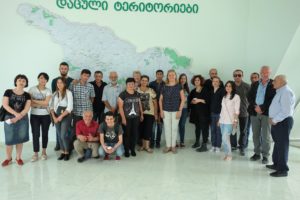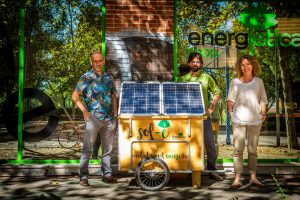
The Fisherwomen of the Saloum Delta
Building gender and climate justice one energy efficient oven at a time
In the Saloum Delta in Senegal, 4,800 women fishers are carrying forward a climate and energy transition in the face of rising water levels, soil salinisation, industrial overfishing and the explosive growth of fishmeal factories. Their artisanal fishing practices not only create local jobs, they also feed the most vulnerable population and enable the economic survival of many households.
With the support of the organisation Enda Graf Sahel, these women fishers are restoring and developing sustainable fishing, and energy efficient processing practices of mangrove shellfish and small fish (sardinelle). They have been trained to combine harvesting shellfish with reforesting the mangroves and seeding clams, activities which are essential for preserving the environment. And now, the women are using energy efficient collective ovens and 200 improved domestic stoves to cook, smoke, dry and process the fish and shellfish. The ovens require less wood, reducing CO2 emissions, health risks and fuel costs. They hope to move towards fully solar-powered equipment to entirely eliminate the use of wood in processing practices.


